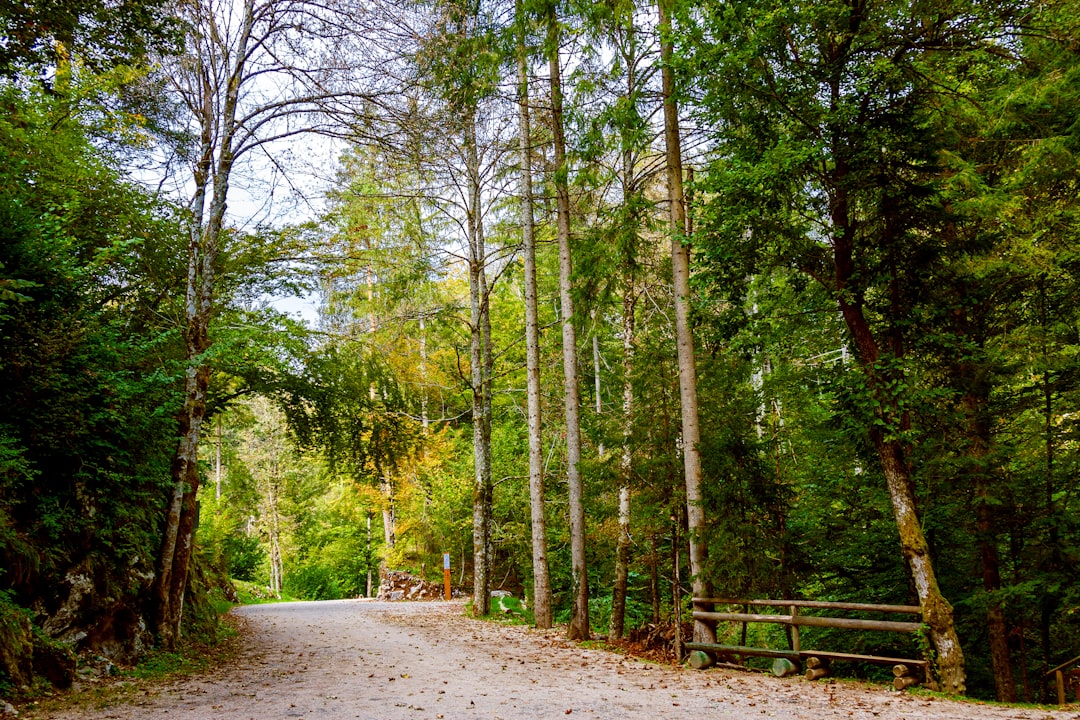
In the age of climate awareness, many outdoor enthusiasts are looking for ways to enjoy nature without leaving a negative impact. The good news is that sustainable outdoor adventures are not only possible, but they can also enhance your experience. Imagine hiking through lush forests, kayaking on crystal-clear lakes, or camping under a canopy of stars—all while minimizing your ecological footprint. Let’s delve into how you can make your outdoor excursions both thrilling and eco-friendly.
The first step in planning your sustainable adventure is to choose your destination wisely. Opt for national parks, wildlife reserves, or protected areas that prioritize conservation efforts. Research locations that promote eco-tourism, as they often have guidelines in place to protect the environment. This not only ensures you enjoy breathtaking landscapes but also contributes to their preservation.
When it comes to transportation, consider your options carefully. Carpooling with friends or using public transportation can significantly reduce your carbon emissions. If you’re headed to a remote area, think about combining trips to minimize the number of journeys you make. For the ultimate eco-friendly option, biking to your destination not only keeps you fit but also allows you to take in the beauty of your surroundings in a unique way.
Once you arrive, make sure to respect the Leave No Trace principles. These guidelines remind outdoor lovers to leave the environment as they found it. Always pack out what you pack in, whether it’s food wrappers or other waste. Use biodegradable soaps for washing up, and stick to established trails to minimize damage to plant life. This not only protects the flora and fauna but also preserves the natural beauty for future generations.
For those who love camping, consider eco-friendly gear. Look for tents made from sustainable materials, solar-powered lights, and reusable utensils. Investing in quality gear not only benefits the environment but also enhances your outdoor experience, as it often means better durability and functionality. And remember, when choosing a campsite, opt for designated areas to minimize your impact on the environment.
Food is another essential aspect of any outdoor adventure. Instead of relying on single-use plastics, plan meals that minimize waste. Bring reusable containers and utensils, and consider making dehydrated meals that are light to carry and produce little waste. If you’re camping in a remote area, learn about Leave No Trace cooking practices, which emphasize minimizing impact on the environment while still enjoying delicious meals.
Moreover, engaging in activities that support conservation can enrich your outdoor experience. Join a local trail cleanup or volunteer for conservation projects. Not only will you contribute to the health of the environment, but you’ll also connect with like-minded individuals who share your passion for the outdoors. Such experiences can foster a sense of community and provide insights into the ecosystems you’re exploring.
Lastly, consider the psychological benefits of eco-friendly outdoor activities. Research shows that spending time in nature can improve mental well-being, reduce stress, and boost creativity. Knowing that you’re participating in sustainable practices adds an additional layer of fulfillment, as you contribute positively to the planet while enjoying its beauty.
In conclusion, embarking on eco-friendly outdoor adventures is not only possible but incredibly rewarding. By being mindful of your choices, you can experience the wonders of nature without compromising its integrity. So gear up, step outside, and embrace the beauty of the natural world while protecting it for future generations. Remember, every small action counts, and your sustainable journey can inspire others to follow suit.
